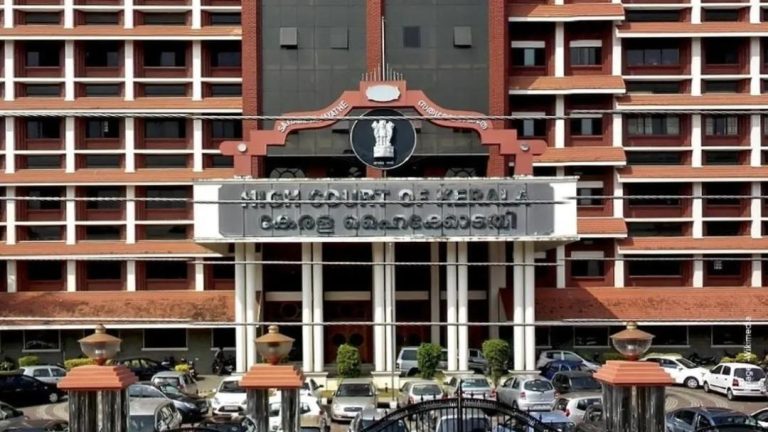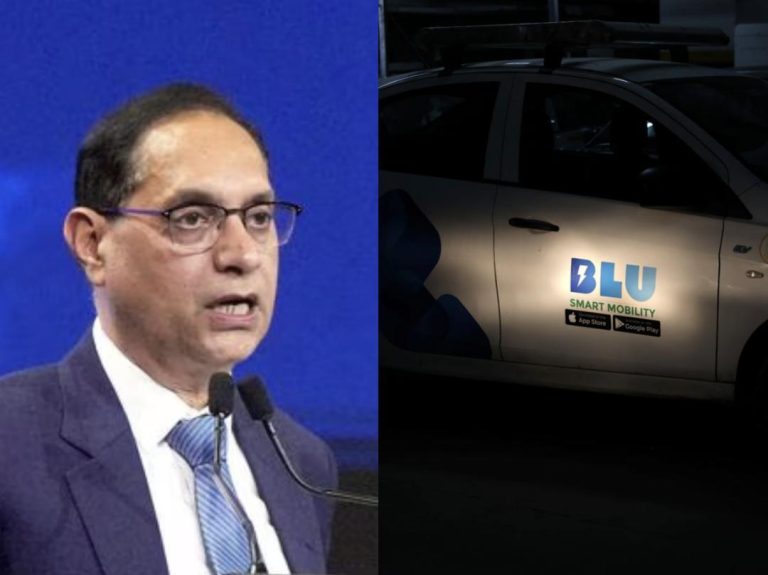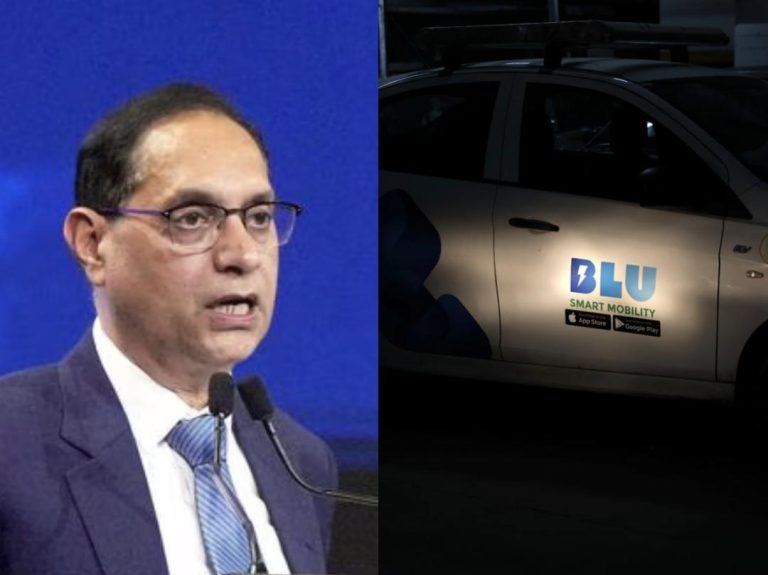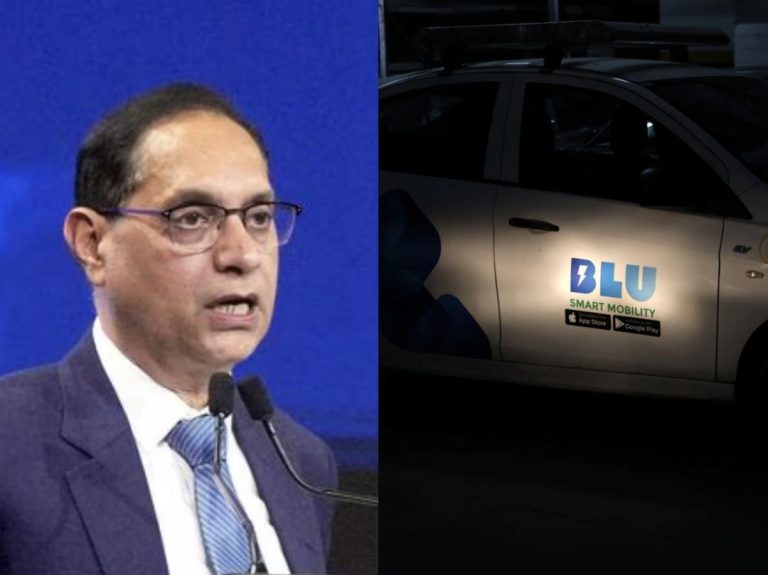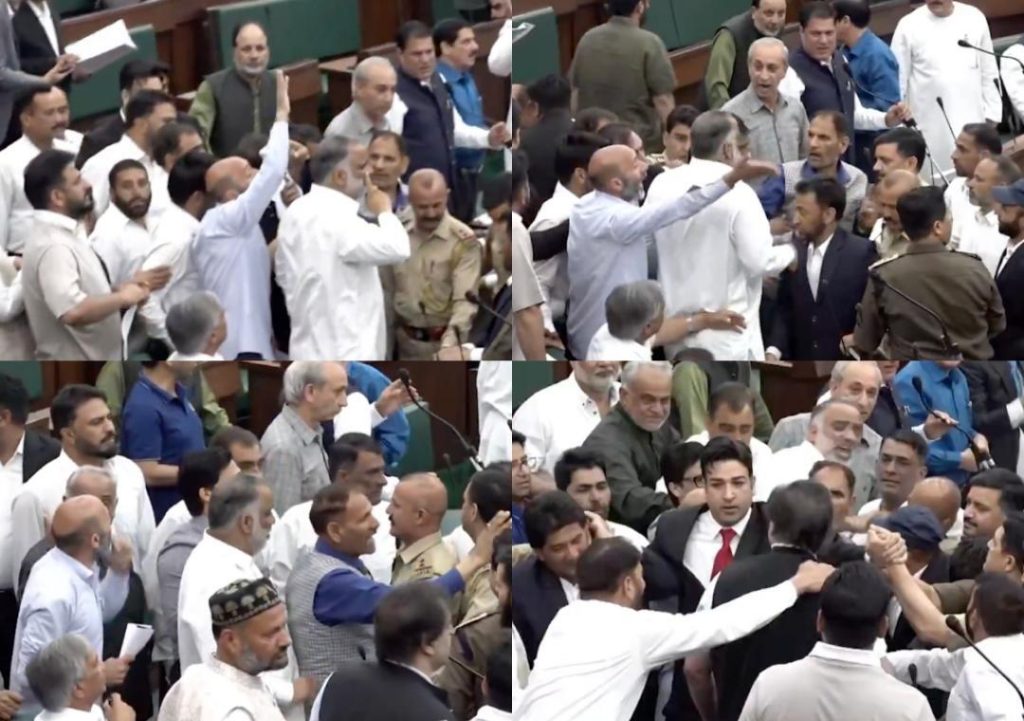
Ruckus inside J&K Assembly continues for second day over Waqf Act
The Jammu and Kashmir Assembly witnessed yet another day of chaos and commotion as opposition parties continued to demand a discussion on the Waqf Act, leading to the adjournment of the House for 30 minutes. The ruckus began on Monday, when the Assembly was adjourned after Speaker Abdul Rahim Rather denied a motion moved by National Conference MLAs to adjourn Question Hour to discuss the Waqf Act. Yesterday, the opposition parties continued their protests, demanding a discussion on the Act, which has been a contentious issue in the state.
The Waqf Act, which was passed by the Jammu and Kashmir government in 2019, has been criticized by various opposition parties, including the National Conference and the Congress, for allegedly diluting the rights of Waqf properties and affecting the interests of the people. The Act aims to regulate and manage Waqf properties, which are religious trusts and endowments in the state.
On Monday, National Conference MLAs had moved a motion to adjourn Question Hour to discuss the Waqf Act, but the Speaker denied it, leading to protests and chaos in the House. Yesterday, the opposition parties continued their protests, demanding a discussion on the Act and accusing the government of not listening to their concerns.
The opposition parties, including the National Conference and the Congress, have been vociferous in their criticism of the Waqf Act, alleging that it is designed to benefit a particular community and not the people of the state as a whole. They have also accused the government of not consulting with stakeholders and experts before introducing the Act.
The National Conference has been leading the charge against the Waqf Act, with its president, Farooq Abdullah, terming it as “anti-people” and “anti-Muslim”. The party has also threatened to launch a statewide agitation if the government does not repeal the Act and hold a fresh consultation with stakeholders.
The Congress has also joined the opposition ranks, with its leader, Ghulam Nabi Azad, accusing the government of trying to “divide and rule” the people of the state. The party has demanded a comprehensive review of the Waqf Act and its repeal if found to be detrimental to the interests of the people.
The government, on the other hand, has defended the Waqf Act, terming it as a necessary step to regulate and manage Waqf properties in the state. The government has also accused the opposition parties of trying to politicize the issue and create unnecessary controversy.
The Waqf Act has been a contentious issue in the state, with various civil society organizations and religious groups also expressing their opposition to it. The Act has been criticized for allegedly diluting the rights of Waqf properties and affecting the interests of the people.
In the face of opposition from various quarters, the government has been struggling to push through the Waqf Act, which has been pending before the Assembly for several months. The government has been trying to find ways to address the concerns of the opposition parties and civil society organizations, but so far, it has been unable to do so.
The ruckus inside the Jammu and Kashmir Assembly over the Waqf Act is a clear indication of the deep divide that exists between the government and the opposition parties in the state. The opposition parties are determined to block the passage of the Act, while the government is equally determined to push it through.
As the stalemate continues, the people of Jammu and Kashmir are left to wonder what will happen to the Waqf Act and whether it will be passed by the Assembly or not. The controversy surrounding the Act has also raised questions about the government’s intentions and its commitment to the people of the state.
Only time will tell how the situation unfolds, but for now, the Waqf Act remains a contentious issue in the Jammu and Kashmir Assembly, with no end in sight to the ruckus and chaos that has gripped the House.

